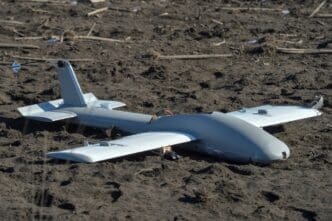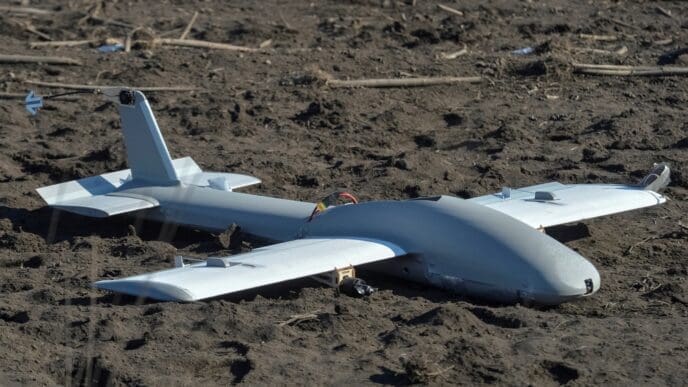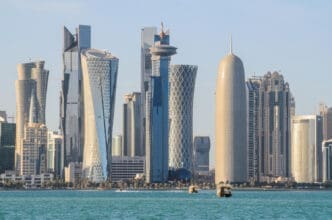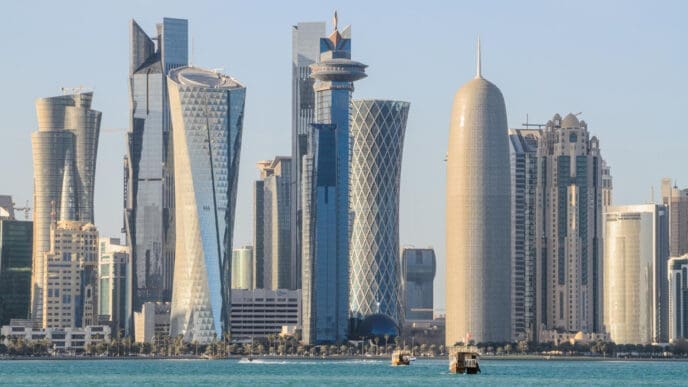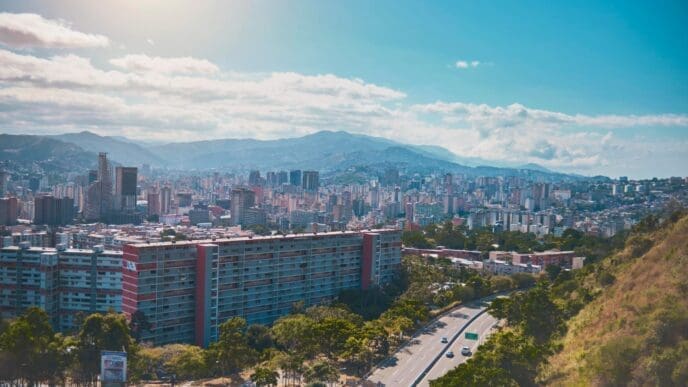Following the conclusion of the nine-day mourning period and funeral for Pope Francis, known as the Novendia, the Catholic Church is set to convene the next conclave. This secretive event will take place in the Sistine Chapel in Vatican City, where the College of Cardinals will assemble to elect the next leader of the church. As of January 22, 2025, the conclave will see 138 electors out of a total of 252 cardinals casting ballots, with participation limited to those under the age of 80. The voting process involves four rounds daily until a cardinal secures a two-thirds majority, typically spanning 15 to 20 days, though the duration is not strictly defined. Historically, conclaves have varied significantly in length, from the one-day election of Pope Pius XII in 1939 to the nine-year conclave in Viterbo, Italy, starting in 1268. Pope Francis was elected after five ballots over two days, while Pope Benedict XVI required four ballots over the same period.
Among the prominent contenders for the papacy this time is Cardinal Peter Erdo, aged 72, who serves as the Archbishop of Budapest and Primate of Hungary. Twice elected as head of the Council of European Episcopal Conferences, in 2005 and 2011, Erdo is well-regarded among European cardinals, who form the largest voting bloc. His role has also allowed him to build connections with African cardinals through regular sessions with African bishops’ conferences.
Cardinal Reinhard Marx, the former president of the German bishops’ conference, is another notable candidate. At 71, Marx has been a leading advocate for the “synodal path,” a dialogue process initiated in 2020 in response to the clergy sexual abuse scandal in Germany. Despite facing skepticism from conservatives who viewed the process as divisive, Marx remains a significant figure. In 2021, he offered to resign as archbishop to address the church’s historical abuse issues, but Pope Francis declined his resignation.
Cardinal Marc Ouellet of Canada, aged 80, is also a potential candidate. Having led the Vatican’s influential bishops’ office for over a decade, Ouellet has played a key role in selecting candidates for diocesan leadership worldwide. Despite being appointed by Pope Benedict XVI, Ouellet was retained by Pope Francis until 2023, indicating his ability to bridge conservative and pastoral approaches.
Cardinal Pietro Parolin, aged 70, has served as Pope Francis’ Secretary of State since 2014 and is considered a strong contender due to his high standing within the Catholic hierarchy. Known for his diplomatic acumen, Parolin was involved in the Holy See’s controversial agreement with China on bishop nominations and has extensive knowledge of the Latin American church, having served as an ambassador to Venezuela.
Cardinal Robert Prevost, 69, from the United States, could potentially break the longstanding tradition against an American pope. With significant experience in Peru both as a missionary and archbishop, Prevost currently oversees the Vatican’s dicastery for bishops, responsible for vetting bishop nominations globally. His career trajectory suggests he has been under Pope Francis’ consideration for some time.
Cardinal Robert Sarah of Guinea, aged 79, is another key figure, representing the possibility of an African pope. Known for his conservative leanings, Sarah has been a favorite among those who favor a return to the doctrinal and liturgical focus of previous papacies. His past disagreements with Pope Francis, particularly on the issue of celibacy, highlight his doctrinaire stance.
Cardinal Christoph Schoenborn of Austria, aged 80, is recognized for his academic credentials and association with Pope Benedict XVI. Despite his conservative background, Schoenborn supported Pope Francis’ efforts to include divorced and remarried Catholics, a move that sparked controversy. His personal experiences, including his parents’ divorce, have influenced his perspectives.
Finally, Cardinal Luis Tagle from the Philippines, aged 67, is seen as a potential choice for the first Asian pope. Brought to Rome by Pope Francis to lead the Vatican’s missionary evangelization office, Tagle’s role has become increasingly significant following recent reforms. Known for his emotional connection to his heritage and upbringing, Tagle’s leadership is marked by his commitment to the church’s mission in Asia and Africa.



